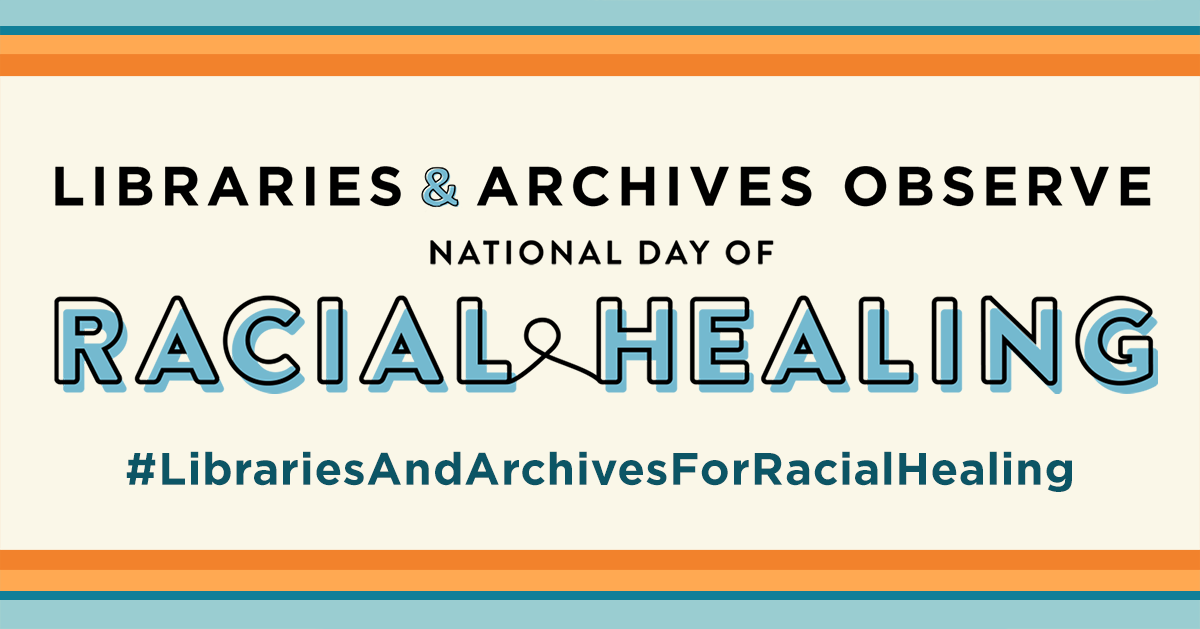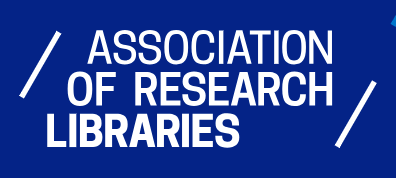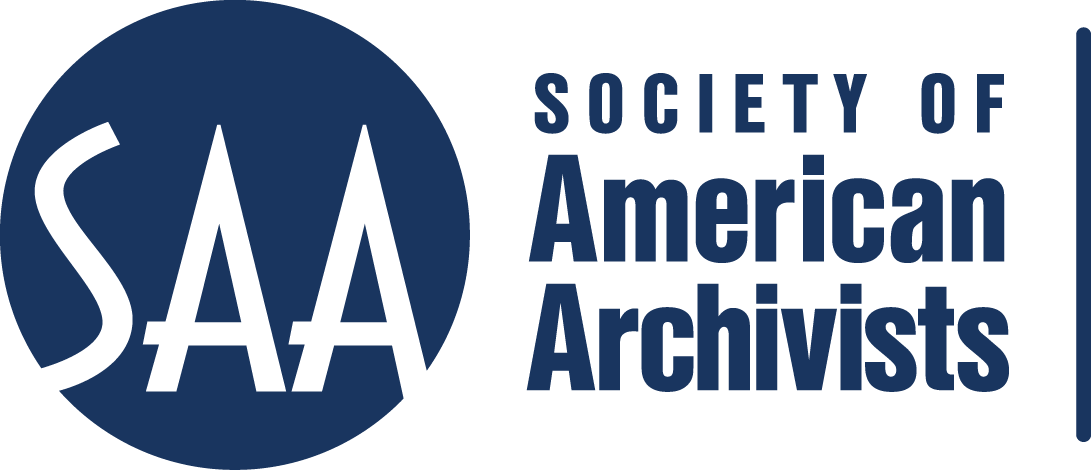- About Archives
- About SAA
- Careers
- Education
- Publications
- Advocacy
- Membership

On January 17, 2023, the seventh annual US National Day of Racial Healing, the American Library Association (ALA), the Association of College and Research Libraries (ACRL), the Association of Research Libraries (ARL), and the Society of American Archivists (SAA) call upon our collective memberships—comprised of several hundred thousand archivists, librarians, and other information professionals, and thousands of libraries and archives of all kinds—to observe the day with reflection and action. Launched in 2017 by the W.K. Kellogg Foundation, the National Day of Racial Healing is part of the US Movement for Truth, Racial Healing, and Transformation (TRHT) and is observed immediately following Martin Luther King Jr. Day.
The US TRHT Movement, embraced by more than 300 organizations in the academic, artistic, civic, and faith communities, is informed by research on more than 40 truth and reconciliation movements around the globe. Libraries, archives, and other memory institutions have a special role to play in convening conversations, celebrating community diversity, hosting programs and exhibits, partnering with communities on archiving and storytelling, and other ways our organizations leverage collections, spaces, and expertise to contribute to racial healing and racial equity.
Through joint programming, education, and advocacy, our associations are committed to working together and developing leaders and organizations that promote racial equity. The National Day of Racial Healing is an opportunity for our members to take action locally. On Tuesday, January 17, ALA, ARL, and SAA call on our members to:
Devote time for a Healing Hour in your organizations and departments for discussion, education, and reflection using the resources here and here.
Share your organization’s learning in pursuit of racial justice and healing with your colleagues and users, on your websites, and in your communications.
Download and use the “Libraries & Archives Observe National Day of Racial Healing” image.
On social media, use the hashtag #LibrariesAndArchivesForRacialHealing along with #HowWeHeal.
Review SAA’s resources, ALA’s resources, and ARL’s resources to spark your thinking. Share with your colleagues and users in your displays or website, or on social media using the hashtags #LibrariesAndArchivesForRacialHealing and #HowWeHeal.
![]() The American Library Association (ALA) is the foremost national organization providing resources to inspire library and information professionals to transform their communities through essential programs and services. For more than 140 years, the ALA has been the trusted voice for academic, public, school, government and special libraries, advocating for the profession and the library’s role in enhancing learning and ensuring access to information for all. For more information, visit ala.org.
The American Library Association (ALA) is the foremost national organization providing resources to inspire library and information professionals to transform their communities through essential programs and services. For more than 140 years, the ALA has been the trusted voice for academic, public, school, government and special libraries, advocating for the profession and the library’s role in enhancing learning and ensuring access to information for all. For more information, visit ala.org.

The Association of College & Research Libraries (ACRL) is the higher education association for academic libraries and library workers. Representing more than 8,000 individuals and libraries, ACRL (a division of the American Library Association) develops programs, products, and services to help those working in academic and research libraries learn, innovate, and lead within the academic community. Founded in 1940, ACRL is committed to advancing learning, transforming scholarship, and creating diverse and inclusive communities. Find ACRL on the web, Facebook, Twitter, Instagram, and YouTube.
 Founded in 1936, the Society of American Archivists (SAA) is North America's oldest and largest national professional association dedicated to the needs and interests of archives and archivists. SAA represents more than 6,000 professional archivists employed by governments, universities, businesses, libraries, and historical organizations nationally. SAA empowers archivists to achieve professional excellence and foster innovation to ensure the identification, preservation, understanding, and use of records of enduring value. SAA is a vital community that advances diversity, equity, inclusion, and accessibility of archives and archivists. Visit archivists.org.
Founded in 1936, the Society of American Archivists (SAA) is North America's oldest and largest national professional association dedicated to the needs and interests of archives and archivists. SAA represents more than 6,000 professional archivists employed by governments, universities, businesses, libraries, and historical organizations nationally. SAA empowers archivists to achieve professional excellence and foster innovation to ensure the identification, preservation, understanding, and use of records of enduring value. SAA is a vital community that advances diversity, equity, inclusion, and accessibility of archives and archivists. Visit archivists.org.